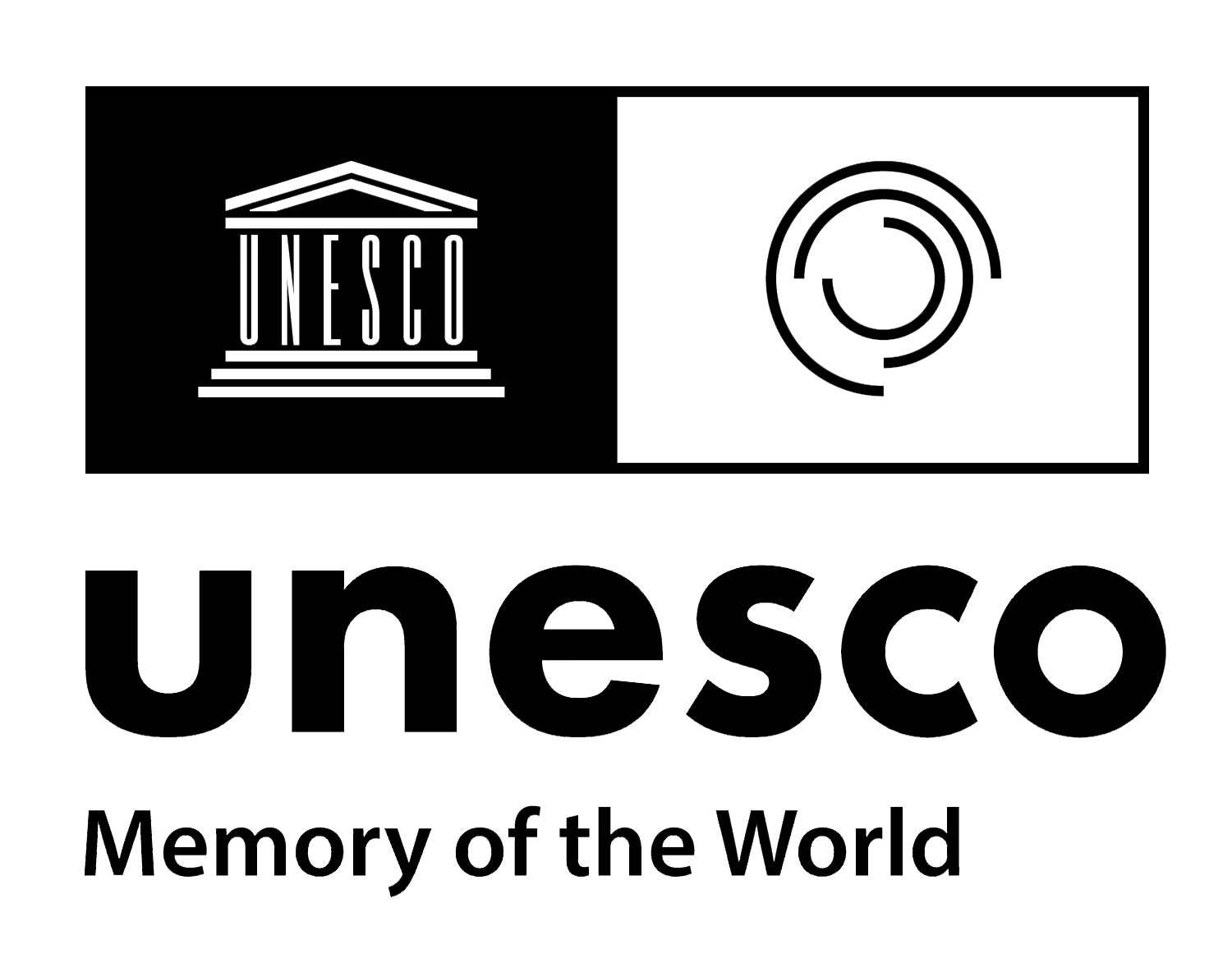Source Library continues the Ficino Society's mission to transform 2500+ years of wisdom texts into a living archive.
Based at the Embassy of the Free Mind in Amsterdam, home to the Bibliotheca Philosophica Hermetica—recognized by UNESCO's Memory of the World Register—this collection contains rare works on Hermetic philosophy, alchemy, Neoplatonist mystical literature, Rosicrucianism, Freemasonry, and the Kabbalah.
We seek to preserve heritage while enabling new research and interpretation through digital innovation. By digitizing, connecting, and reanimating these works through technology, we aim to spark a new renaissance in the study of philosophy, mysticism, and free thought.
Our Mission
Digitize
Capture rare manuscripts and early printed books from archives worldwide, making them accessible to all.
Translate
AI-assisted translation from Latin, German, and other languages, with originals preserved for verification.
Cite
DOI-backed scholarly editions via Zenodo, enabling proper academic citation of primary sources.
In the Spirit of the Renaissance
“Wisdom belongs to everyone.”
Cosimo de' Medici
1389–1464 · Florence
In 1460, when a Greek manuscript of the Corpus Hermeticum arrived in Florence, Cosimo ordered its translation before even Plato—sensing that Hermes Trismegistus held the key to ancient wisdom. He founded the Platonic Academy in his villa at Careggi, creating the first institution dedicated to freely sharing philosophical knowledge since antiquity.
Marsilio Ficino
1433–1499 · Philosopher & Translator
Ficino translated the complete works of Plato, Plotinus, Proclus, Iamblichus, and the Hermetic writings into Latin—making them accessible to all of Europe for the first time. His work ignited the Renaissance recovery of Neoplatonism, Hermeticism, and the prisca theologia: the belief in an ancient wisdom tradition uniting all seekers of truth.
Source Library continues their work. Just as Cosimo funded translations to make ancient wisdom freely available, and Ficino labored to render Greek and Latin texts accessible to readers across Europe, we use modern tools to digitize, translate, and openly share these same traditions with the world.
Technology
Source Library uses AI to make historical texts accessible while maintaining scholarly standards:
- •OCR: Gemini vision models read historical typefaces and handwriting
- •Translation: Context-aware translation preserving technical terminology
- •Original preserved: Every translation includes the original language text
- •DOI citations: Published editions receive DOIs via Zenodo
- •API & MCP: Programmatic access for researchers and AI systems
Partners


Source Library is a project of the Ancient Wisdom Trust, working in partnership with the Embassy of the Free Mind and the Bibliotheca Philosophica Hermetica.